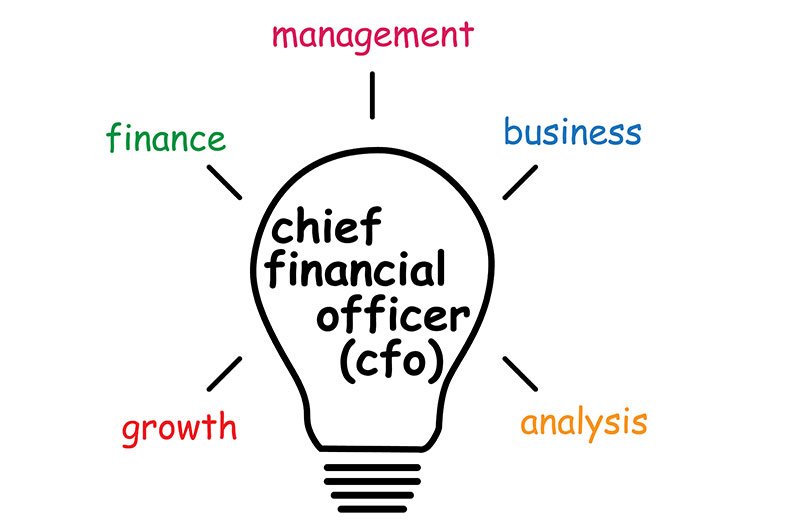Blog Career Clinic: Why a finance background is essential for the top table
Mark Freebairn interview
Two months ago I was told that, for the first time, more of the FTSE 100 chairmen had a background in finance than any other. As someone who has long been advocating the relevance of the finance background this, if true, is a watershed moment. For what it says about the role, profile, breadth and development of the CFO role.
It’s very hard to think of a successful CEO who wouldn’t be described as dominant. So it’s very hard to think how a CFO could face off with a dominant CEO without being a (relatively) dominant character themselves. However, there is one crucial difference. Where the CEO is a dominant person who can’t stand to lose at anything, the CFO is a dominant person who knows which battles to lose gracefully in order to win the war. This is one of the reasons why the right CFO makes such a strong chairman.
The issue of someone’s ability to deal with ambiguity has always been nervously discussed because it seemed inconceivable that CFOs would have the emotional intelligence to deal with any level of ambiguity. Fast forward 15 years and it is understood and expected that your finance leader will have as much emotional intelligence as your HR director. Well, almost as much.
As business has come to expect finance to play an increasingly significant commercial role in the management of the business, so finance leaders have had to develop stronger influencing skills.
The CFO was always the functional leader. But the role has taken on a broader leadership focus. As the portfolio has increased to take on broader back, middle and some front office responsibilities, so the CFO has had to develop a more confident, extrovert dynamic. But bear in mind the point about a confident, more extrovert character who still knows when to defer to the more dominant leader. Most chairmen need to be confident and extrovert, as do most CFOs.
The CFO is really the only other person in the business, apart from the CEO, who looks wide and deep across all aspects of a business’s operation. I have talked about the increasing CEO succession prospects, of the external perception of the CFO now, of the talent coming in to the function at the bottom who will only keep pushing the function out more broadly. All of these and more explain why the right CFO makes such an excellent chairman and why more and more are making that move.
But if you need real proof, there is one very simple test. Ask the chairman of your nomination committee to define the perfect relationship a CEO should have with a chairman based on any relationship they have round the table. When their eyes move instinctively to the CFO, you’ll have all the proof you need.

